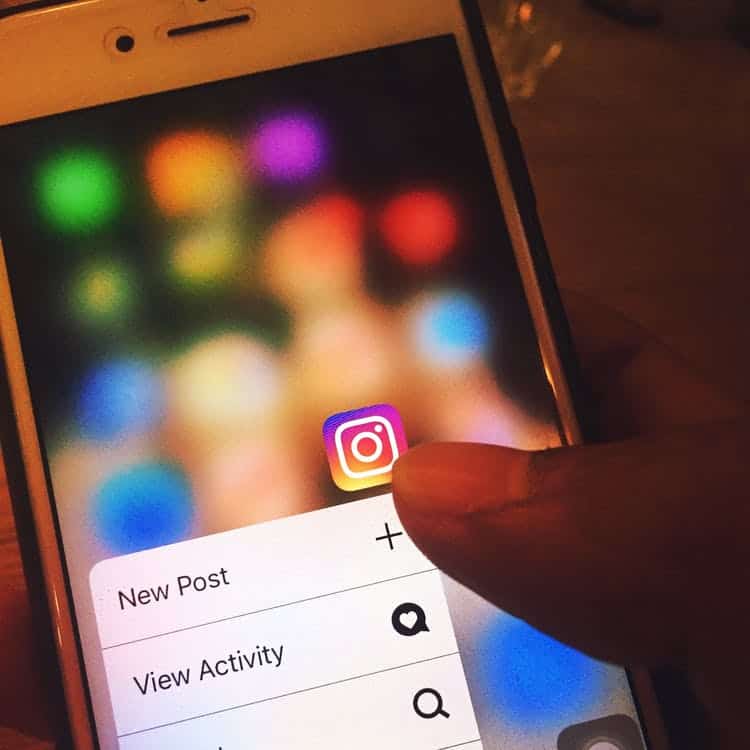Featured image by PhotoMIX Company on Pexels
In today’s world, social media is not just a tool meant for leisure and entertainment. It’s also, in fact, an integral part of running a successful business and measuring your business’s performance metrics. It has become a vital marketing tool that raises brand awareness, generates interest, and as such helps increase sales and revenue for a business.
To harness its power and potential, you need to build a solid social media strategy aligned with your business goals. However, this is not where you should stop. You need to track your social media efforts and see whether they are translating into business success. How you do this is by using specific key performance indicators or social media metrics.
This article will talk about important metrics to monitor the ROI and performance of your social media campaigns.
RELATED ARTICLE: UPDATING YOUR COMPANY’S ONLINE SYSTEMS FOR THE MOBILE AGE
Audience Growth Rate
The audience growth rate is a metric to measure the change in the number of followers your brand has on different social media platforms. If you are devising and measuring the success of your social media strategy, this will be a crucial indicator in understanding the rate of increase or decrease in following at the end of a campaign cycle.
Your aim should always be to keep increasing your follower count. Although this is not an easy task, there are solutions available to increase these metrics. For example, if your Instagram growth is stagnant, you can use Instagram growth tools, such as Kicksta or any of its alternatives, to boost the number of your followers.
Engagement

Once you have established a healthy follower count for your business, you need to measure your content’s engagement metrics. The engagement rate measures how your audience is interacting with the content on your social media accounts and how effective it is. Typically engagement occurs via likes, comments, shares, retweets, replies, favorites, and more.
As a brand, you can measure a total sum of such interactions. You can also have more than one type of metric that is measuring engagement. A high level of engagement is positive for your brand. Even if you have a large number of followers and a high reach, if they are not stopping to interact with your posts, the content is not effective enough to stop a user from scrolling and tapping the like or share button. This should serve as a sign that you need to rethink your branding and content.
RELATED ARTICLE: 5 USEFUL HACKS FOR IMPROVING CUSTOMER LOYALTY
Post Reach and Impressions

Is the goal of your strategy is to increase perception and brand awareness? Then, post reach and impressions are important metrics to track. Post impression refers to the number of times your content appears on your audience’s screens. Post reach means the number of unique views that your content receives. Both are important to understand whether you are reaching the right number of audiences. They also both assess if you are posting at an optimal time of the day.
Also, it can help you check whether or not you are using the right keywords and hashtags to increase reach. These should be used in combination with engagement metrics to get the whole picture.
For example, if a post has achieved a high engagement rate along with a high reach number, this means that it is performing exceptionally well. However, if a post has a high impression count but low engagement number or rate, it means that while the post reached your desired audience, it was not effective enough in getting them to interact.
Brand Mentions

Brand mentions are powerful social media metrics to assess how well your business is doing in terms of creating buzz, brand awareness, and gauging the sentiment around it. If you are being mentioned positively on social media with tags, mentions, and comments, you will know that the brand is doing well and the campaigns are generating a lot of buzz.
As more and more people talk positively of your brand, this will also serve as referrals for new users to take notice and engage with your channels. On the other hand, you can also use this metric to discover negative sentiments. For example, you can identify negative reviews and experiences and use that as a catalyst for improvement. Measuring brand mentions as a metric can be done by using a hashtag analytics tool or a social media listening tool.
RELATED ARTICLE: BUILDING YOUR BRAND PRESENCE WITH SOCIAL MEDIA MARKETING
Conclusion
Social media is an optimal platform to leverage when it comes to promoting your business. However, only if you utilize its full potential. Having the right strategy is essential, but it is equally and more important to measure the outcomes.
There are many key metrics available, including the ones we have listed to help you understand whether or not your social media posts and campaigns are performing as per your business goals.
RELATED ARTICLE: 4 POWERFUL TACTICS FOR INCREASING BRAND AWARENESS
